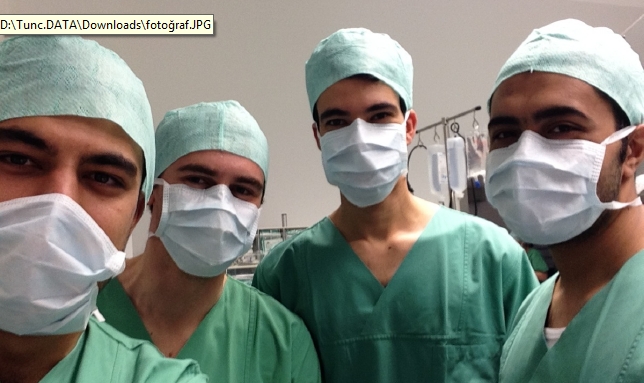- The course will be held ONLINE
- First lecture will be held on November 5th
- The maximum number of participants is 20 to enable student research projects. Students will sequentially be contacted according to the registration date to confirm their willingness to attend the course. If students are declining the participation, students from the waiting list will be contacted until the course reached the maximum amount of allowed participants.
Introduction to Surgical Robotics
Winter term 2020/2021
Administrative InfoLecture: Julian Klodmann and Dr. Ulrich EckTutor: TBD Type: Lecture + Lab Courses TUMonline Programs: Robotics, Cognition, Intelligence (Master) Biomedical Computing (Master) Informatics (Master) SWS: 2+2 ECTS: 6 Credits Course Language: English Requirements:
|
Assignments
|
Announcements
|
Photos


|
Overview
Lecture ScheduleThe lecture will be on Thursdays from 08:00 to 12:00 online!Readings
| ||||||||||||||||
